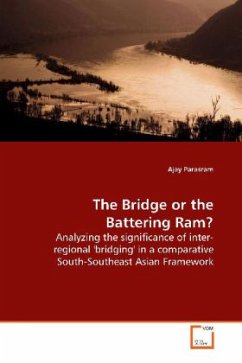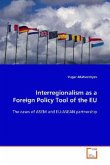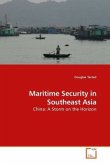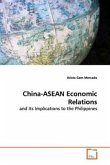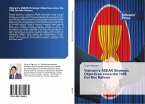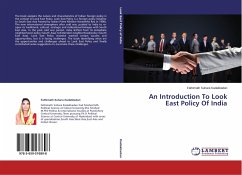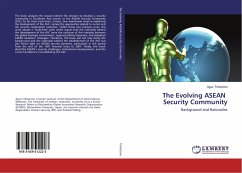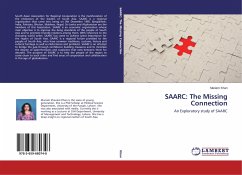Regionalism and globalization are often seen as
competing processes of multi-state organization. This
project brings together these two processes to
explore the development of regions in South and
Southeast Asian politics in order to analyze
eclectically the significance of the Bay of Bengal
Initiative for Multi-Sectoral and Technical
Cooperation (BIMSTEC). This work identifies core
theoretical reasons why the Association of Southeast
Asian Nations (ASEAN) exemplifies successful Asian
regionalism and also why the South Asian Association
for Regional Cooperation (SAARC) does not. Far from
being a benign sub-regional bridge, the development
of the BIMSTEC is stained in Sino-Indian competition
for influence and power in a post-cold war Asia.
Indeed, in final analysis, the BIMSTEC proves to be a bridge for powerful nations and a battering ram
for smaller nations, unable to exert influence amidst
regional politics. The Bridge or the Battering Ram
offers a timely reflection on the currents of
regionalism focussing on one of Asia''s less
emphasized places that will nonetheless continue to
grow in influence in the years to come.
competing processes of multi-state organization. This
project brings together these two processes to
explore the development of regions in South and
Southeast Asian politics in order to analyze
eclectically the significance of the Bay of Bengal
Initiative for Multi-Sectoral and Technical
Cooperation (BIMSTEC). This work identifies core
theoretical reasons why the Association of Southeast
Asian Nations (ASEAN) exemplifies successful Asian
regionalism and also why the South Asian Association
for Regional Cooperation (SAARC) does not. Far from
being a benign sub-regional bridge, the development
of the BIMSTEC is stained in Sino-Indian competition
for influence and power in a post-cold war Asia.
Indeed, in final analysis, the BIMSTEC proves to be a bridge for powerful nations and a battering ram
for smaller nations, unable to exert influence amidst
regional politics. The Bridge or the Battering Ram
offers a timely reflection on the currents of
regionalism focussing on one of Asia''s less
emphasized places that will nonetheless continue to
grow in influence in the years to come.

